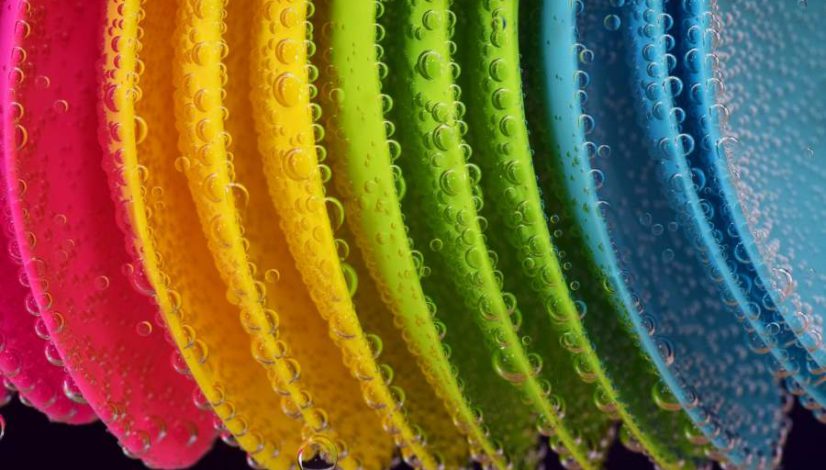The Plastics Industry in Mexico is Globally Competitive
In recent years, the plastics industry in Mexico has performed consistently while maintaining a steady rate of positive growth. This is according to information provided by Mexico’s National Association of the Plastics Industries, A.C (ANIPAC). ANIPAC is the organization that has represented the interests of the entire plastics manufacturing supply chain in Mexico since 1961. This includes producers and distributors of raw materials, recyclers, producers and distributors of machinery and equipment, and all classes of plastics manufacturers.
In recent years, the National Association of Plastics Industries, A.C. has been moving the plastics industry in Mexico towards becoming a “circular” economic sector. A Circular Economy is a new model of production and consumption that aims to change the linear model of a throwaway industry for one that mimics biological cycles in nature. It replaces the concept of “expiration” with that of “restoration”. It also moves the plastics industry in Mexico towards the use of renewable energies and seeks to eliminate waste through an optimized design of materials, products, and systems.
During the second half of 2019, the plastics industry in Mexico developed competitively in its export capability in relation to such as Germany, Canada, and Asia. Companies in the sector reached a commercial value of more than US $23 billion and maintained economic interaction with more than 50,000 companies, as well as with major industries.
Prospects for the plastics industry in Mexico foresee a continued growth trajectory because it is a near term goal of the automotive industry in Mexico to incorporate more plastic into the manufacture of its passenger vehicles. While today only 6% of automobiles are made of plastics parts and components, companies in the nation’s industry are working towards boosting this figure to reach a total of 18%. The plastics industry is considered an important supplier of the automotive industry. It has maintained a steady pace of growth over the past 10 years. Taking into account that the average annual growth of the Mexican economy over the last decade as a whole has registered 2.92%, the plastics industry is just above this figure. It has experienced an average annual expansion of 3.03%.
Comparatively speaking, the plastics industry in Mexico outperforms that of China, the United States, and Germany and occupies the eleventh position globally in terms of its production volumes and capabilities. In Mexico, beyond the automotive sector, plastic inputs occupy a predominant place in its application to new products, developing technologies, construction, packaging materials, consumables, among others.
Beyond opportunities that are accessible in export markets for companies in the plastics industry in Mexico, ANIPAC estimates a domestic consumption of 5.3 million tons of plastic items in the country. This market represents a significant opportunity for both foreign and national firms.
As regards the value of the production machinery market required by the plastics industry, total global demand is now at US $40.8 billion. Europe is the region that leads this market with 43% of production. The EU is followed by China with 32% of production, while North America accounts for only 10%. For this reason, Mexico machinery sales to companies in the plastics industry represent an opportunity for US and other countries’ manufacturers.
According to Aldemir Torres Arenas, President of the National Association of Plastic Industries, A.C. (ANIPAC), “In our lives and all industries, plastics play a key and irreplaceable role. We do not imagine its absence in industries such as food, medical, aerospace, automotive, construction, telecommunications and all those that have to do with its day to day uses.”
He also went on to state that “I believe that the plastics industry in Mexico has been instrumental in the country’s and the world’s economic growth and development. It is an industry that is changing in Mexico in its evolution towards a more ecologically sound business model.”
Finally, the continued growth of the plastics industry in Mexico will result from, among other things, the further development of the Braskem and Idesa: Ethylene XXI project. This initiative is comprised of a petrochemical complex that has been constructed for the production of polyethylene in the city of Coatzacoalcos, in the state of Veracruz. The plant will produce 750,000 tons per year of High-Density Polyethylene (HDPE) and 300,000 tons per year of Low-Density Polyethylene (LDPE) for both domestic and international customers.

